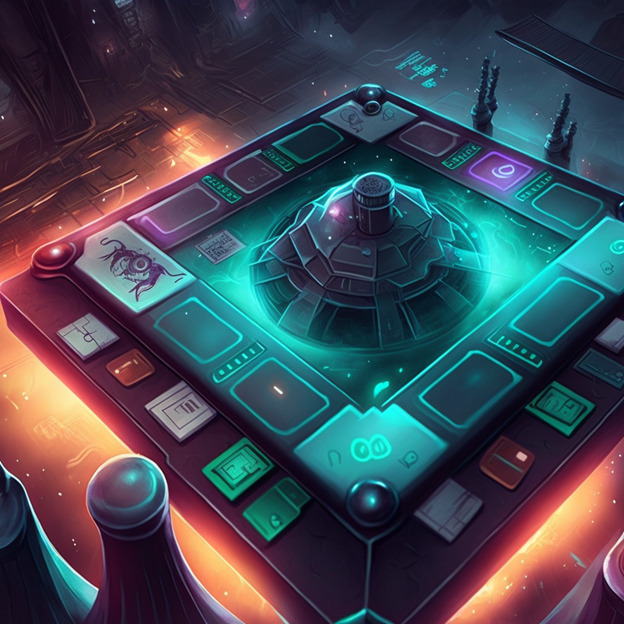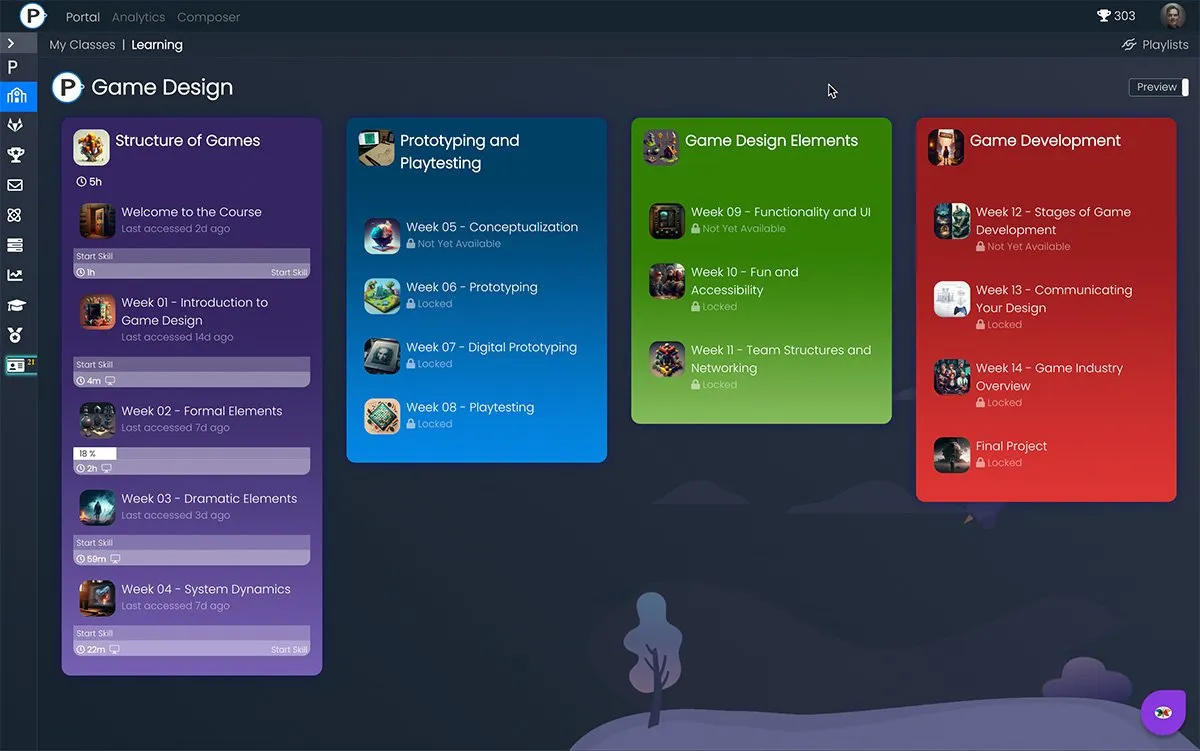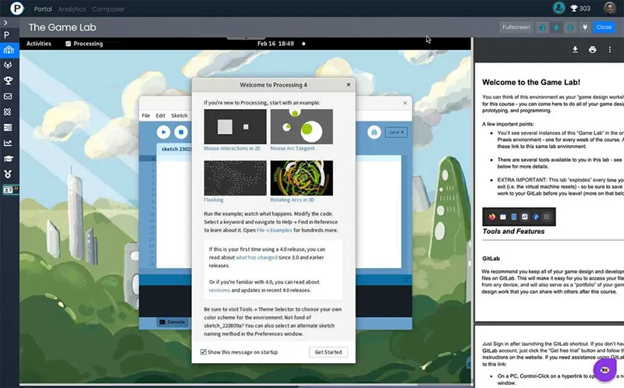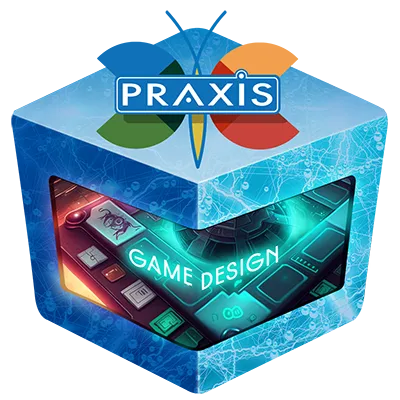This online, interactive journey explores the general concepts of game design from initial idea to finished concept. Students will develop and build prototype games, playtest designs, and learn to critically evaluate systems with respect to formal and dramatic elements, and system dynamics. As a cohort of peers, students will develop computer games (artifacts) using suitable game engines and libraries.

This online, interactive journey explores the general concepts of game design from initial idea to finished concept. Students will develop and build prototype games, playtest designs, and learn to critically evaluate systems with respect to formal and dramatic elements, and system dynamics. As a cohort of peers, students will develop computer games (artifacts) using suitable game engines and libraries.
Software development expertise is not required. Students will learn how to prototype using low code / no code techniques. They will be required to keep a game journal to document their game ideas and to keep track of games played outside of class. As a team, peers will take an active role in design activities, exhibit good sportsmanship, and provide positive feedback. As a capstone project, each student will prepare a Game Design Document and develop a Game of their own design. Qualifies for the Game Design digital badge.

The online program is available 24x7x365 via any web browser or mobile device and includes four (4) learning paths, fourteen (14) lessons, and over fifty (50) hours of learning material. Below is a list of the main topics:
The first half of the journey introduces students to the structure of games. Through various types of AI learning resources, immersive virtual lab experiments, cohort-based community discussions and forums, and engaging assignments, students will learn about the formal and dramatic elements of games as well about system dynamics. After learning about the structure of games, students will then move on to prototyping and playtesting. This is where students will begin to conceptualize their own games and start building their prototypes.
In the second half of the journey, students will continue working on their own prototypes by exploring functionality, user interface, fun, accessibility, and team structure. These game design elements help bring each student’s prototype to the next level while ensuring they stay grounded on foundational design elements. Lastly, students will focus on the stages of game development including how to document and communicate their designs. The ability to share and effectively express designs and ideas is an essential skill for any game designer. In the final lesson of the course, students will be asked to share their new game designs / game builds with their peers.


Earners of the Game Design credential have successfully demonstrated experiential skills in the elements of game design, prototyping and playtesting, functionality, UI, accessibility, and game development along with proper design documentation. The Game Design badge requires 50+ hours of hands-on activities and labs across 14 skills in Game Design. The Game Design credential was built in collaboration with expert game designer Chris Thompson.

285 West Wieuca Road NE #5547,
Atlanta, GA 30342